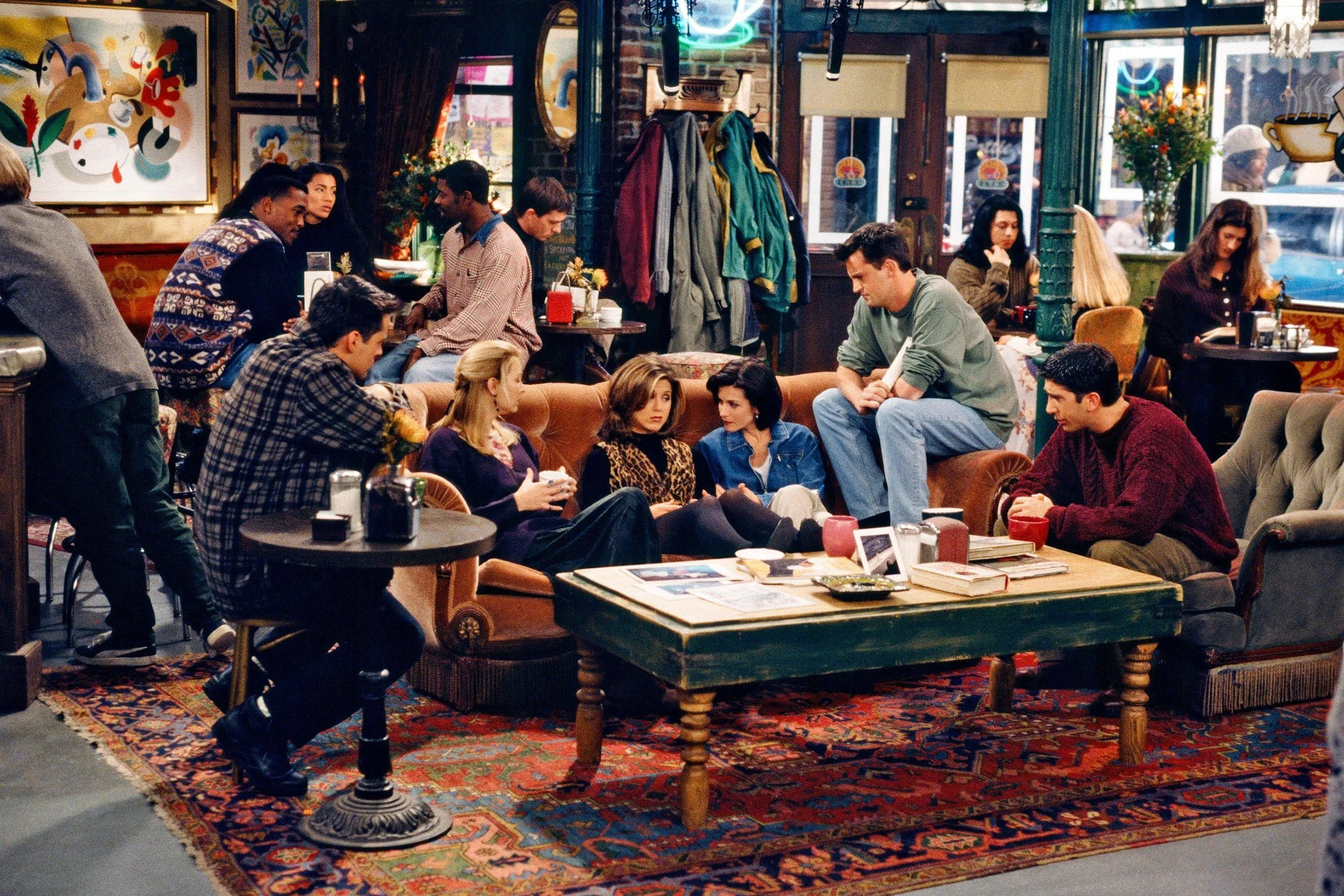'Angry Son' REVIEW: Intimacy strewn all over the place
‘Angry Son’ REVIEW: Intimacy strewn all over the place
Kazuki Horike as Jungo Watanabe. Still taken from the official trailer on YouTube.
Angry Son starts and ends with a song. This isn't a musical, it’s just one of Director Kashou Iizuka's attempts to compose hidden realities together through a film without much of a score. The mostly-quiet Angry Son takes place through Jungo (Kazuki Horike). He's the teenage son of a single Filipino mother, Reina (GOW), who works a day job as a hostess in present-day Japan. We're told that he's gay, and deeply resents his mom for seeming neglectful and uncaring about his messy upbringing as a mixed-race Japanese. Kashou Iizuka is so intent on covering this niche, hidden reality of Japanese life that he winds up with a film that is relatable in its angst, but has barely anything to cling to outside of what it informs.
To that end, the meat of Angry Son is a shaky arrangement of stories regarding the adolescent homosexuality, discrimination, and displacement of Jungo's struggles. He has no dreams or ambitions in life. His derided, yet intimate relationship with classmate Yusuke is a plot brought up at the start of the film, but quickly becomes relegated in favor of Jungo's attempt to find his missing father. This prevailing search is the vehicle with which the film emphasizes the mixed-race perception in Japan, especially for the Filipino-Japanese crowd. It's interesting to the extent that it introduces such a reality, but a good chunk of the film feels way too slow. The lack of a score punctuates how much it wants to avoid dramatization, but also an easy excuse to fall asleep to and wake up without missing much.
Jungo biking at the start of the film. Still taken from the official trailer on YouTube.
The film does present a level of intimacy that understands the subject matter. It doesn't feel too soppy or flimsy, as Kazuki Horike's performance of Jungo Watanabe is nicely done without stagnating as far as his character is concerned. It does, however, leave his character development to be all about resolving things and only resolving them. At some point, his aimless character takes photos of his mom. They fight over household concerns; Jungo disapproves of her upcoming marriage with a jobless suitor. He finds himself befriending his mother's former husband in search for his biological father. We, through him, aren't even informed any further of his relationship with Yusuke because that subplot doesn't appear until the near-end. There’s a thing with this film that earnestly performs its transgressions, and then it stops growing any further. Angry Son understands its goal, to a fault.
One can go on and on about how the film also details bits of exposition on the nature of asexual and aromantic behavior here, or the underlying transactional nature of Japan's social culture, but the depth of such stories is something that doesn't strike much for how spread out Angry Son feels. It's all over the place, only focused on providing intimacy and nothing more. It (unintentionally) puts people to sleep, yet is alarming with its issues. The camera here shakes often, in tense confrontations, in silent moments, and elsewhere. It might be in tune with Jungo’s feelings, but struggles in other aspects. So much of Angry Son is defined by its breadth and sincerity, and yet, it falters for it.
As of this writing, Angry Son is currently being screened as part of this year's Japanese Film Festival. It also previously made an appearance in the 2022 QCinema Film Festival as part of the RainbowQC lineup.




















